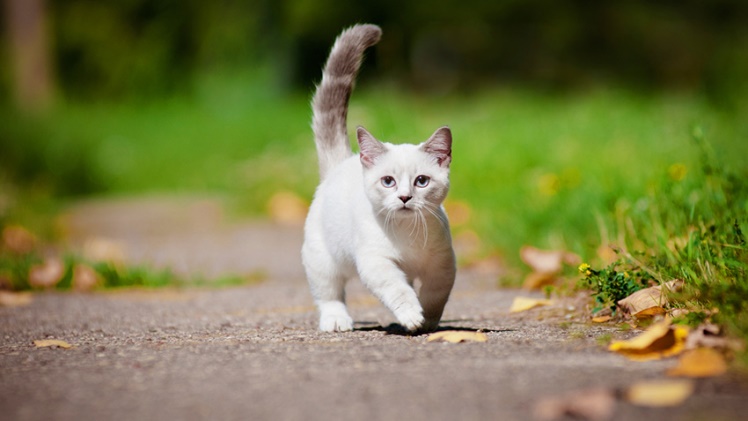Introduction
munchkin cats are one of the most popular cat breeds in the US. However, this adorable breed comes with a lot of health issues and should generally be kept as an indoor cat.
why can’t munchkin cats live outside
Munchkins are small cats with delicate legs, so they’re not suited to outdoor life. Munchkins can’t defend themselves and would be easy prey for predators. They also wouldn’t be able to hunt for food, which they need if they won’t be fed by their owners.
Munchkins are indoor cats because they need a lot of interaction with people in order to thrive—they aren’t the kind of cat that’d be happy being left outside all day with only an occasional visit from you or your family members.
what is a munchkin cat
Munchkin cats are cats with a genetic mutation that causes them to have short legs. They aren’t a breed, just a type of dwarf cat.
There is no official definition for munchkin. It’s not just short-legged, it’s got some other characteristics as well—it can be very small in stature and sometimes has slightly misshapen heads and bodies. This makes it difficult for veterinarians to treat these cats because their body structures can vary greatly even within the same litter.
are munchkins good cats for families with kids
Munchkin cats are affectionate and playful. They have a personality that is very similar to other domestic cats. Munchkins will follow their owner around the house, play with toys, and sometimes even sit on your lap for some snuggles!
Munchkin cats can be active at times, but they’re not as hyperactive as other cat breeds (like Persians). This makes them good for families with kids—they won’t run around constantly or bother any small children who might accidentally step on them. They also get along quite well with other pets like dogs and rabbits; they will often cuddle up next to these animals when they nap in order to keep warm in colder weather conditions like wintertime here where I live outside the US now since my husband brought his family over here because he had new job opportunities here so we decided since it was better financially speaking than staying at home then go ahead with moving here instead but now web series review
how could munchkin cats come along
Munchkins are a new breed of cat that has been selectively bred over the last several decades. Munchkins have been selectively bred to be small, but this does not mean they are naturally occurring or occur as a result of nature. They have been specifically bred over time by humans to achieve their current form, which is very different from their ancestors.
Munchkin cats were first seen in 1983 and were called “American Curls” because of their ear shape and curl pattern; however, this name has since been changed to “Munchkin.”
what health problems do munchkin cats have
Health problems for Munchkin cats include:
- Eye problems, including cataracts and retinal dysplasia. These are common in short-legged cats with problems in their bones or joints, which is why you should have your Munchkin checked by an ophthalmologist as soon as she’s old enough to be examined. The sooner you can diagnose any eye issues, the better your cat will be able to cope with them in her lifetime.
- Respiratory problems due to their shortened ribcages or narrow chests (which could make it hard for them to breathe).
- Heart problems due to their shortened torsos (such as narrowed arteries leading into the heart). It’s important that you take your Munchkin cat in for regular checkups with a vet who specializes in small animals like rabbits so they can keep an eye on how well his heart is functioning over time—and if there are any signs of trouble, they’ll know what steps need taken right away before things get worse!
Munchkins are typically indoor cats.
The Munchkin cat is a small, playful feline that’s known for its stubby legs and muscular body. Unlike other breeds of cats, the Munchkin is not a fragile animal. In fact, it’s quite sturdy—so you should have no concerns about letting your munchkin roam outside if you live in an area where there are minimal threats from predators or other dangers.
Since your munchkin will be healthier and happier when he’s able to enjoy the outdoors with you and your family, here are some things you should consider before allowing him to explore beyond his home:
- Indoor cats live 15 years on average; outdoor cats only live 7 years on average
- Outdoor cats are at greater risk for injury from cars than indoor cats
- Outdoor cats are also vulnerable to other predators like coyotes or domestic dogs
Conclusion
All in all, munchkin cats are great pets for your home. They can be good with kids and other pets. But ultimately their size makes them more suited for indoor life. If you’re looking for an outdoor cat, there are plenty of other breeds that will do just fine!

